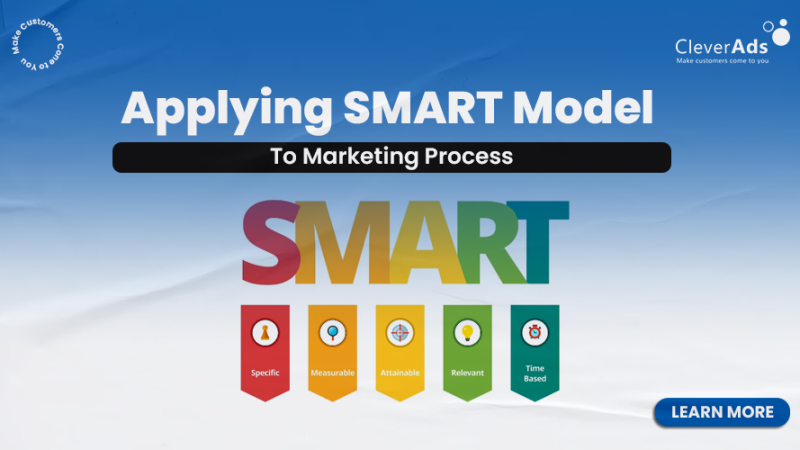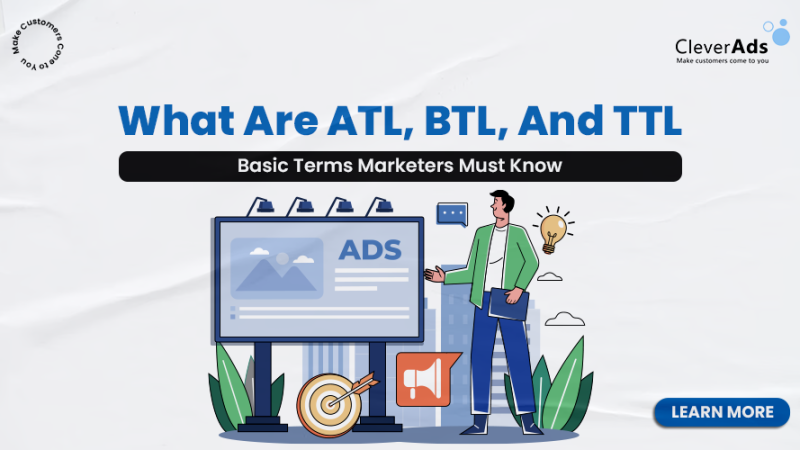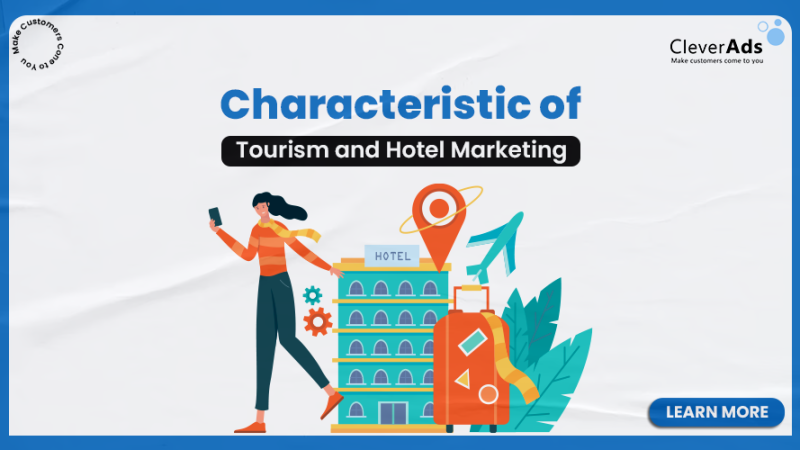What is 4C Marketing? From concept to practical application

The 4C Marketing model was developed in 1990 to replace the 4P Marketing. So what is Marketing 4C with CleverAds Find out in the article below!
1. 4C Marketing concept
The 4C model was developed by Robert F. Lauterborn in 1990. Marketing 4C is an extension of the Marketing 4P model and is customer-centric. By focusing on customer needs, the 4P helps businesses capture customer insights from which they can build and deploy appropriate marketing strategies to target customers.
Unlike the 7Ps that add new elements to the model, Marketing 4C gives businesses a different perspective on marketing – marketing based on customers’ views, feelings, and needs.
Marketing 4C consists of 4 components:
- Customer Solutions (solutions for customers).
- Customer cost (the cost that customers spend).
- Convenience (Convenience).
- Communication (Communication / Communication).
2. Components of Marketing 4C
2.1 Customer Solutions (Solutions for customers)
This is the first element of 4C marketing.
This factor requires businesses to correctly identify and hit their target customers so that they can follow their characteristics, needs, desires, and pain points from which to produce, develop, and supply. It’s the most valuable product and service for customers to help them solve their urgent needs.
In other words, businesses need to study customers carefully to increase revenue and profits and give customers an effective solution to solve practical problems on behalf of customers.
To do this well, businesses need to answer the following questions:
- What is the company’s competitive advantage?
- Target customer?
- What are the needs and wants of the customer?
- What is the value of products and services to customers?
- What factors influence a customer’s purchase decision?
2.2 Customer Cost
The second factor we need to mention is Customer Cost.
The costs of the customer will include:
- The cost of purchasing the product.
- The cost of using it.
- The cost of shipping.
- The product warranty.
- Other expenses incurred.
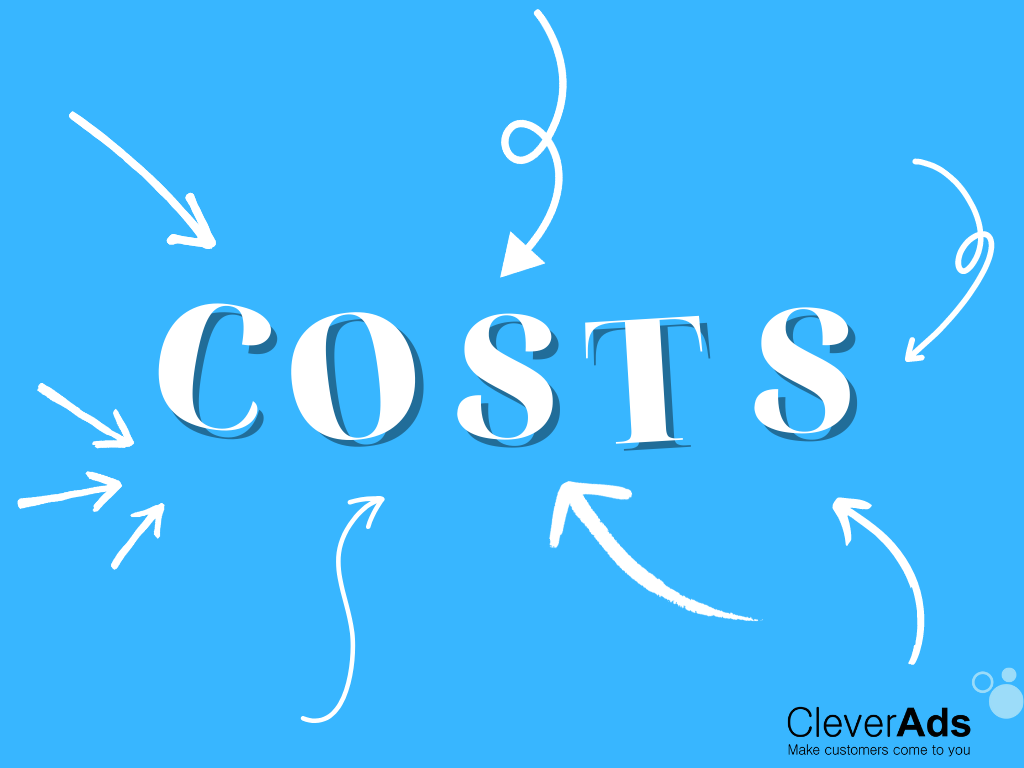
So the research is so that the selling price of the product is just as guaranteed. Optimizing profits for customers and ensuring prices for customers is essential.
Similar to Customer Solutions, customers need to answer the following questions to meet this factor:
- How is the product priced?
- What do businesses need to research to offer the right price?
- Is the estimated price profitable for the business?
- What is the total cost for the customer to buy the product?
- Does the price match the value of the product the customer receives?
2.3. Convenience
Convenience is the third element of 4C marketing.
Suppose 4P marketing only stops at giving customers easy access to products and services based on the location that brings the most convenience to businesses. In that case, 4C marketing offers a better choice for customers.
With 4C marketing, the advantages of customers include the fact that they can easily access products and services both in reality and on businesses’ online and e-commerce platforms.
The trend of online shopping is growing; especially since the Covid-19 pandemic, online shopping consumers have exploded more strongly. To capture and adapt the analysis of habits promptly, customers’ shopping actions must be done online or in person.
From that collected data, building the most efficient and convenient customer distribution system will become more straightforward than ever.
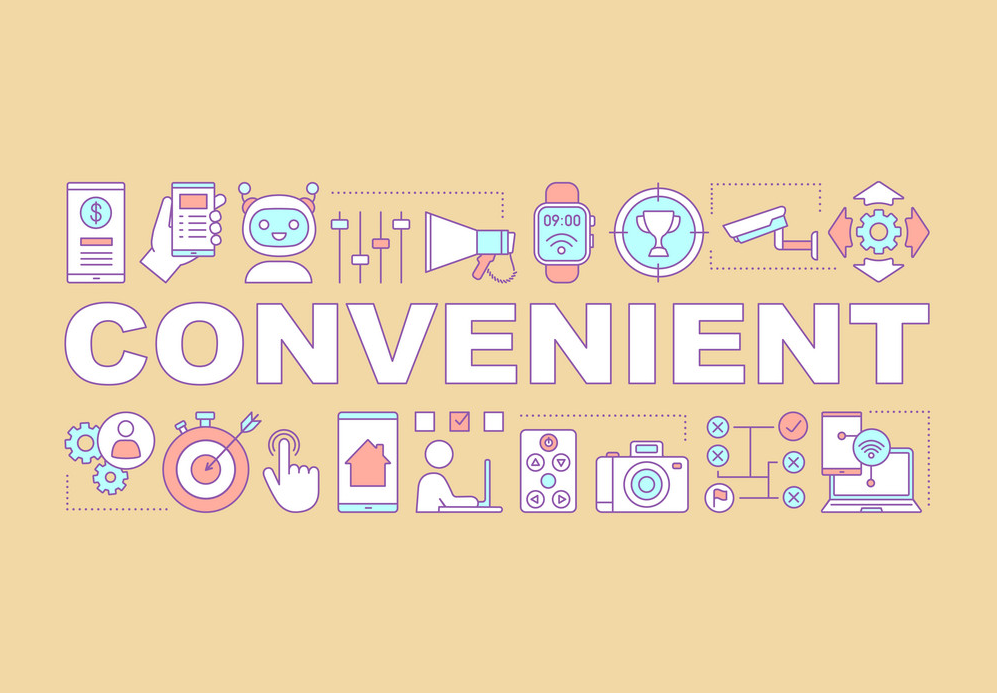
Some questions about this element include:
- What obstacles do customers face when accessing products and services?
- How does the business overcome these obstacles?
- Is your e-commerce website optimized?
- Is the online purchase and payment process simplified and safe for customers?
2.4. Communication (Communication)
Finally, it is the element of Communication.
Communication helps businesses determine the best communication channels with customers that companies need to use. Communication is the key to all problems. It helps businesses reach potential customers and maintain good relationships with loyal customers.
The back-and-forth communication between customers and businesses helps build and strengthen customer trust and helps companies better meet customer needs. This contributes to boosting business profits and loyal customers (the decisive factor for the business’s survival).
Businesses need to answer several questions, including:
- In which channels do target customers usually appear?
- Does the business have a communication plan that can market products, communicate, and collect feedback and information about customers?
- How profitable is customer interaction? How much does customer loyalty increase?
3. Why businesses should use 4C marketing
First, Marketing 4C is essential for planning and evaluating marketing campaigns to help businesses test and optimize marketing strategies.
Next to 4C marketing is a specific brand analysis tool.
The brand situation, from how the brand works, the customer’s view of the business, and the business’s reputation to the cost, convenience, and level of communication, are portrayed by 4C.
The relationship between the customer and the business is maintained and strengthened. 4C Marketing helps companies to understand customers. The competitive advantage of the company is also enhanced.
Finally, 4C helps optimize advertising and marketing costs and increase sales by analyzing customer factors, which is also the business’s ultimate goal.
Therefore, 4C marketing is a solution that businesses should consider using.
4. The relationship between 4P marketing and 4C marketing
The 4Ps and 4Cs in marketing are closely linked most systematically. Combining these two factors will create an overview for businesses about products and customers, helping companies build the best marketing strategy.
The 4Ps and 4Cs of marketing are combined as follows:
The product goes with Customer Solutions.
Any product or service that is born must bring a specific meaning to customers to meet their most personal needs or solve urgent problems of customers.
To do this well, it is essential to research customers before launching new products and services.
Price and Customer Cost
The product price that the enterprise determines includes all costs from purchasing the product, shipping, warranty, accompanying services, etc., that the customer needs to pay.
Customers’ costs to receive the benefits of products and services need to be compensated as proportionally as possible.
Place and Convenience
The distribution of businesses needs to bring the most convenience to customers. Ease of access, saving time, effort, and money are factors that companies need to put on top to distribute products in the most reasonable way to customers.
To combine these two factors well, it is crucial to focus on defining the most accessible shopping locations for customers and the most convenient shopping locations.
Promotion and Communication
These two factors create multi-dimensional communication between customers and businesses. The success of this communication gives customers a better product and service experience that provides businesses with more information about customer needs.
These interactions help businesses. Customers understand each other better, strengthen customer relationships, and develop a corporate brand reputation.
5. Conclusion
The right solution to customer psychology and needs is the key to generating buying decision-making behavior. Therefore, the 4C marketing model is vital to help businesses exploit and implement the best marketing strategies.

